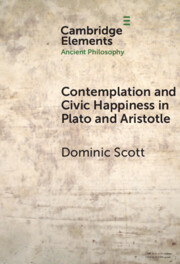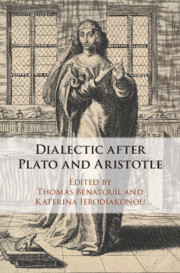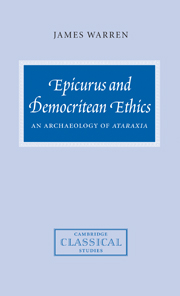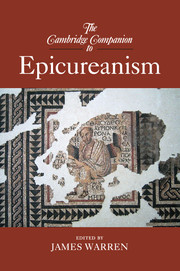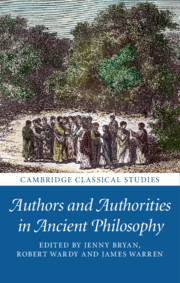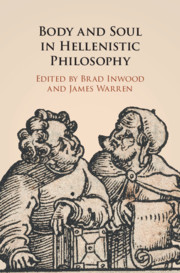The Pleasures of Reason in Plato, Aristotle, and the Hellenistic Hedonists
Human lives are full of pleasures and pains. And humans are creatures that are able to think: to learn, understand, remember and recall, plan and anticipate. Ancient philosophers were interested in both of these facts and, what is more, were interested in how these two facts are related to one another. There appear to be, after all, pleasures and pains associated with learning and inquiring, recollecting and anticipating. We enjoy finding something out. We are pained to discover that a belief we hold is false. We can think back and enjoy or be upset by recalling past events. And we can plan for and enjoy imagining pleasures yet to come. This book is about what Plato, Aristotle, the Epicureans and the Cyrenaics had to say about these relationships between pleasure and reason.
- Provides a new account of the relationship between pleasure and reason in ancient philosophy
- Offers fresh discussion of some important and controversial passages in major ancient philosophical works
- Ranges across important texts by Plato and Aristotle and the philosophy of Epicurus and the Cyrenaics
Reviews & endorsements
"Warren perfects the virtues exemplified in J. C. B. Gosling and C. C. W. Taylor, The Greeks on Pleasure, thanks to his historical accuracy, his subtle analysis of metaphors and analogies (consider, paradigmatically, the weighing and measuring of pleasures and pains in his chapter 5) and of other literary elements in the works he reads. He treads carefully whenever needed, and nurtures the sensitivity for aesthetic enjoyments, although they go beyond the scope of this inquiry. Consequently, I highly recommend this book to all specialists in ancient philosophy as well as budding ancient philosophy students. Both groups will benefit from experiencing anew, or for the first time, the understanding that trailblazing contributions do not emerge primarily from proposing a new exegesis of this or that line of text."
Georgia Mouroutsou, Bryn Mawr Classical Review
Product details
March 2015Adobe eBook Reader
9781316190739
0 pages
0kg
1 b/w illus.
This ISBN is for an eBook version which is distributed on our behalf by a third party.
Table of Contents
- 1. Introduction: the pleasures of reason
- 2. Plato on the pleasures and pains of knowing
- 3. Aristotle on the pleasures of learning and knowing
- 4. Epicurus and Plutarch on pleasure and human nature
- 5. Measuring future pleasures in Plato's Protagoras and Philebus
- 6. Anticipation, character, and piety in Plato's Philebus
- 7. Aristotle on the pleasures and pains of memory
- 8. Epicureans and Cyrenaics on anticipating and recollecting pleasures
- 9. Epilogue.


